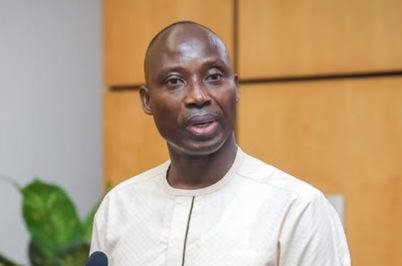
- Kenyan startups led African funding in H1 2023 with $520 million, followed by Egypt, South Africa, and Rwanda.
- Nigerian startups, fifth in funding, topped the continent with 101 deals; Kenya, South Africa, Ghana, and Egypt followed.
- African startup funding fell to $1B in H1 2023, causing investors to shift focus from growth-stage startups to late and early-stage ones.
Startups in Kenya have received more equity funding from investors in Africa in the first half of 2023, as per data released by Briter Bridges.
The top four countries highlighted in the report are Kenya ($520 million), Egypt ($510 million), South Africa ($400 million), and Rwanda ($280 million).
Nigeria ($280 million) ranks fifth on the continent in terms of funding volume.
Despite Nigerian startups ranking fifth, the country leads in the number of deals on the continent with 101 deals.
Kenya has closed over 80 deals so far, followed by South Africa with over 60 deals, Ghana with over 35 deals, and Egypt with over 15 deals in H1 2023.
The report noted that the first six months of 2023 have been particularly challenging for startups and investors looking to raise funding.

This was most evident as startup funding in the continent experienced a decline to $1 billion during the first half of 2023, in contrast to the $1.5 billion in the second half of 2022 and $1.8 billion in the first half of 2022.
The volume of funding dropped by 26% from H2 2022 to H1 2023 and has largely been on a downward trend in 2023. The effect is that investors were shifting focus from growth-stage startups to late and early-stage ones.
READ: Africa’s internet economy to cross $180 billion by 2025: Report
The report added that many startups have had to shut down, while many funds have struggled to meet their target closures.
Others have been forced to take write-downs on their valuations and make deep cuts to their teams.
At the conclusion of the first half of 2023, capital infusion into Africa's startups surpassed an impressive milestone, exceeding the $20 billion mark over a span of 15 years.
According to the publishers, This is indeed a landmark, but it comes at a time when many in the investment and innovation ecosystem are asking what the future of investing in Africa looks like.
Read Full Story

























Facebook
Twitter
Pinterest
Instagram
Google+
YouTube
LinkedIn
RSS